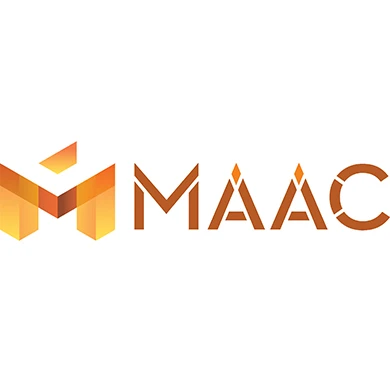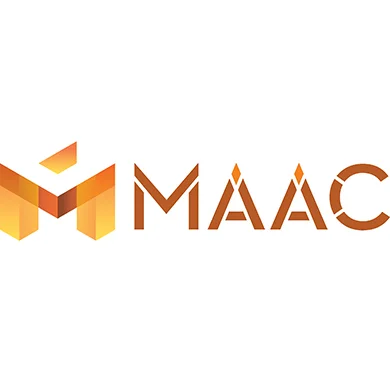MAAC - Casa de Milagros Information
Treatment
Who We Treat
- Women Only
Treatment Focus
- Co-Occurring Disorders
- Drug Addiction
- Women only
Approaches
- Evidence-Based
- Gender-Specific
- Therapeutic Community
- Strengths-Based
- Cognitive Behavioral Therapy (CBT)
- 1-on-1 Counseling
- Meditation & Mindfulness
- Eye Movement Therapy (EMDR)
- Life Skills Training
- Relapse Prevention Counseling
Conditions We Treat
- Co-Occurring Disorders
Substances We Treat
- Alcohol
- Benzodiazepines
- Heroin
- Cocaine
- Methamphetamine
- MDMA/Ecstasy
- Ecstasy
- Psychedelics
Languages
- English
- Spanish
Level of Care
- Residential Rehab
- Co-Occurring Mental Health
Experience
Personal Amenities
- Shared Rooms
Smoking and Vaping Policy
- Smoking Allowed in Designated Areas
- Vaping Not Allowed
Additional Locations
MAAC - Casa de Milagros Accepts The Following Insurance Plans
Find the best treatment options. Call our free and confidential helpline today!







